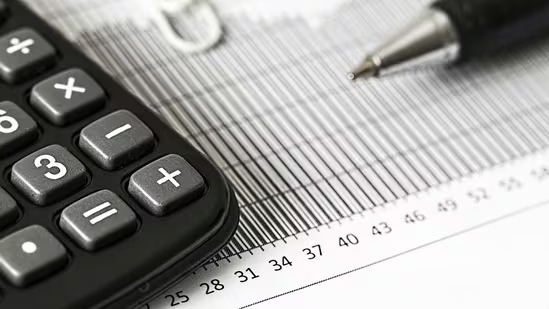Is depreciation of real estate a good approach for property investors to lower their taxes?
By Bricksnwall | 2025-11-01

The IT Act lets you write off the value of real
estate over time. For example, you can write off 5% of the value of an
apartment, 10% of the value of a commercial building, and 40% of the value of a
temporary or special-purpose structure.
A doctor named Meera Soni, who is 35 years old, owns a two-story building in Pune. She lives on the top floor and runs her clinic on the bottom floor. The property is worth ₹80 lakh, not including the land value. The Income Tax Act lets her claim depreciation on half of the property at 5% per year because she uses it for business. This means that she can take ₹2 lakh (10% of ₹40 lakh) off of her taxable professional income, which lowers the amount of tax she has to pay for the year.
Both homes and businesses can get tax advantages
Real estate depreciation acts as a tax shield because it lets investors deduct the decline in value of their property from their taxable income. The Income Tax Act in India lets people pay different rates, like 5% for homes, 10% for businesses, and about 40% for buildings that are only used for a short time or for a specific purpose. Niresh Maheshwari, a chartered accountant and director at Wealth Wisdom India, an investment management organization, states, "This lowers the investor's tax burden by lowering taxable profits."
If you use a home or business property for work or business, you can deduct its depreciation. "Depreciation can only be claimed for the part of the property that is used for business and the part that is used for personal use." "Sherry Goyal, an Associate Partner at DMD Advocates, a law firm, says that you can only claim depreciation up to the useful life of the asset."
For instance, lawyers, doctors, and chartered
accountants can use their homes as offices and then claim depreciation on those
homes.
If at least two-thirds (66.66%) of a property's
total built-up area is used for residential purposes, it is considered
residential. But hotels and boarding houses don't count as residential
buildings. Soni's house doesn't satisfy the 66.66% threshold for residential
categorization, thus the ground-floor clinic is considered a commercial
property for tax reasons. This means she can claim 10% depreciation on the ₹40
lakh business part.
Himanshu Sinha, a partner in the tax practice at the law company Trilegal, says, "Any fittings and fixtures can lose 10% of their value, and some other things, like computers, laptops, and software, can lose 40% of their value." You can only depreciate furniture and fixtures if you utilize them for business or work.
The tax trade-off: a lower annual tax in exchange for bigger capital gains
From a tax point of view, the value of a business
property goes down over time, and the depreciation claimed each year lowers
taxable income. But when the property is sold, this depreciation changes how
capital gains are calculated.
"Section 50 of the Income Tax Act says that any profit from selling a depreciable asset, like a commercial building, is considered a short-term capital gain (STCG), no matter how long you own it." Maheshwari explains, "This is because the depreciation claimed over the years lowers the property's written-down value (WDV), which makes the gain on sale higher."
Things to avoid
Some common faults are not keeping accurate records
of the purchase and use of assets and not claiming depreciation on leased
assets (the Supreme Court in the case of Mysore Minerals looks at actual use
and beneficial ownership instead of legal title).
Goyal says, "Not including the cost of land when figuring out depreciation and not claiming depreciation based on how much you use it for business purposes are also mistakes to avoid."
Source: Hindustan Times







